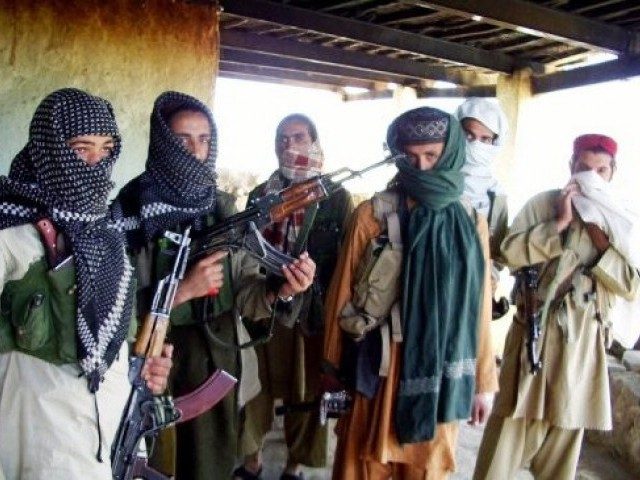Taliban narco-jihadists are prepared to fight against the U.S.-NATO coalition and their Afghan counterparts “for a century” if necessary, a spokesman for the terrorist group declared, claiming that the international alliance is on the “brink of defeat.”
The comments from Zabihullah Mujahid, the Taliban spokesman, came during a recent interview with Turkey’s TRT World news outlet.
Mujahid indicated that the U.S.-backed efforts by Kabul to pressure the Taliban to engage in peace negotiations are a sign of weakness, showing that the international coalition is losing on the battlefield.
The Taliban spokesman told TRT World:
We fought and exhausted 150,000 American and allied troops when America had the complete support of NATO and 49 nations.
We have gained a lot of experience and pushed our enemies to the brink of defeat. Their troops cannot halt the ongoing struggle and Jihad of our nation. The launch of sham peace efforts, propaganda and other plots only reveal their anxiety.
We have taught them exemplary lessons on the battlefields but, if forced, we will not only continue fighting for another decade but for a century, Allah willing.
Mujahid denied that the Taliban receives assistance from Pakistan and Russia, telling TRT World:
The United States blames Pakistan and other countries to justify their defeat and failure in Afghanistan. The real issue is that the Islamic Emirate [Taliban] physically controls over half of the country’s territory. It has deep national roots and its fighters are the youth. So, it is not in need of any outside aid or sanctuary.
Due to its own intricate regional policies, America sometimes places blame on Pakistan, sometimes on Iran, sometimes on Russia and at times even on China.
Mujahid refused to explicitly comment on Afghan President Ashraf Ghani’s offer to declare a ceasefire and recognize the narco-jihadist group as a legitimate political movement.
However, the Taliban spokesman did insist on complete U.S.-NATO withdrawal from Afghanistan as a precondition to peace discussions, a proposal that American officials have repeatedly rejected.
The spokesman told the Turkish news outlet:
Talks will not prove effective and are not reasonable as long as a policy of military presence and arrogant politics prevail. America and the Kabul regime still believe that the Taliban should surrender and reject any notion of freedom and independence of Afghanistan.
He emphasized that the terrorist group wants to engage in “direct” talks about ending the nearly 17-year war with the United States instead of Kabul.
The United States wants Kabul to lead the negotiations.
Reconciliation between Kabul and the Taliban is a major tenet of U.S. President Donald Trump’s strategy to end the conflict.
The United States has devoted $877 billion in American taxpayer funds to the war in Afghanistan in addition to 2,263 U.S. servicemembers who paid the ultimate price and 20,318 others wounded in action.
Nevertheless, the Taliban controlled or contested about 45 percent of Afghanistan as of October 2017.
The Taliban is responsible for more than 40 percent of the 10,000-plus civilian casualties (killed or wounded) in 2017, the United Nations reported.
Mujahid attempted to justify the killing of civilians, telling TRT World:
The targets of our attacks and bombings are Americans and their internal mercenary forces. The reason why civilians sometimes suffer is because the enemy has based itself among the civilian population…Civilians are our own people and we are sacrificing for the freedom of our own nation. The casualties inflicted upon our people are mostly due to the attacks of foreign invaders and their hirelings.
Taliban terrorists generate more than 60 percent of their funding from the booming production of opium, the main ingredient in heroin.
The United States has spent more than $8.5 billion on combating opium and heroin trafficking in Afghanistan, but the country remains the world’s top supplier of the two illicit drugs.
Late last year, Gen. John Nicholson, the top commander of U.S. and NATO forces in Afghanistan, indicated the Taliban makes about $200 million annually from the 400 to 500 opium labs it is operating across Afghanistan.
Marking a significant departure from the policy of his predecessors, President Trump has granted the U.S. military the authority to target Taliban drug labs with airstrikes in an attempt to deal a major blow to the terrorist group’s economic engine.

COMMENTS
Please let us know if you're having issues with commenting.